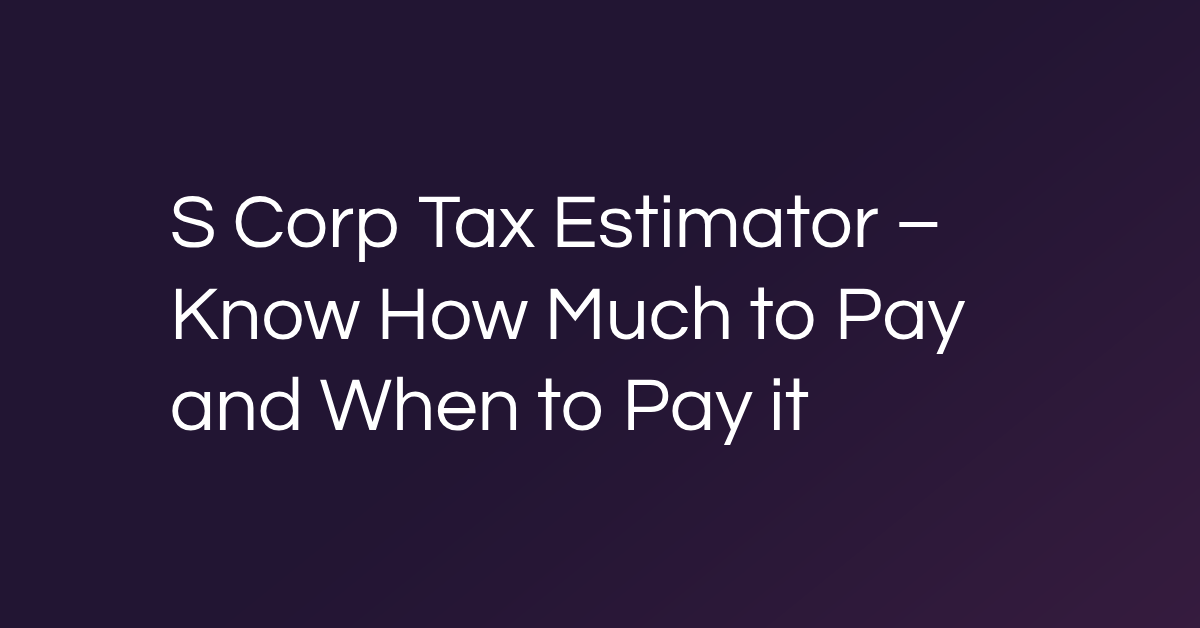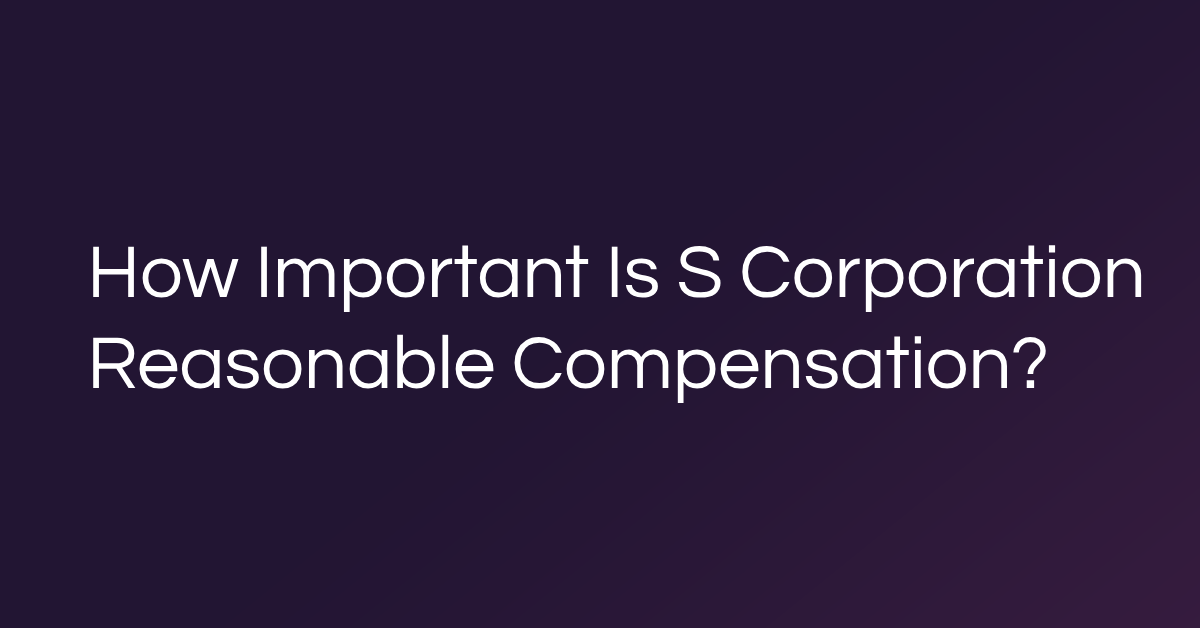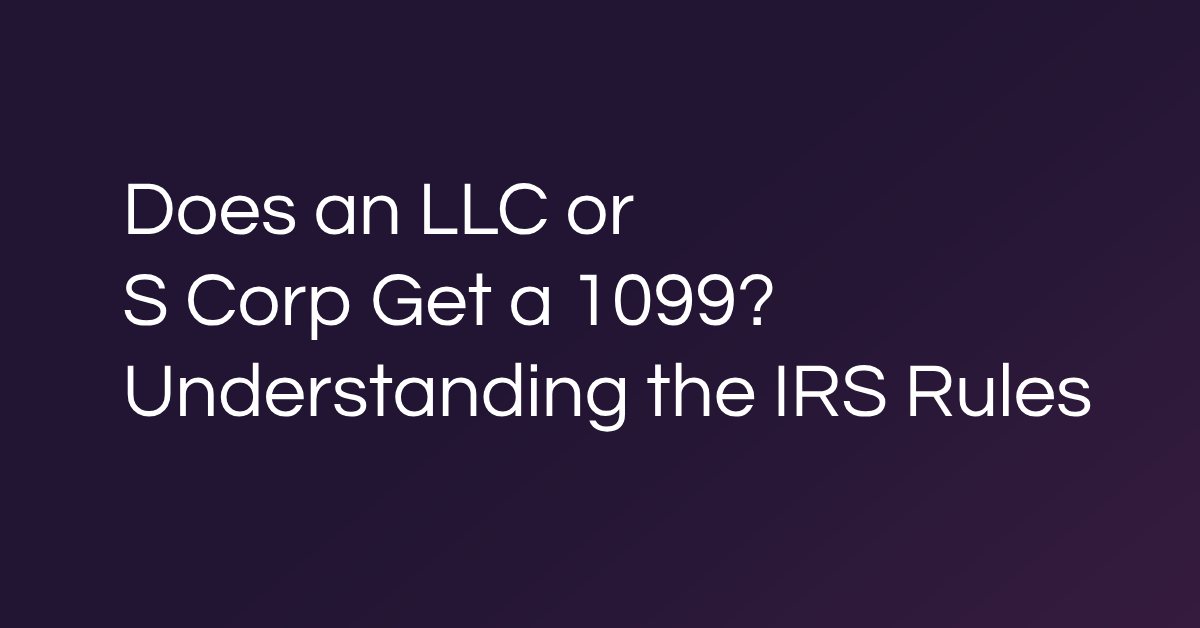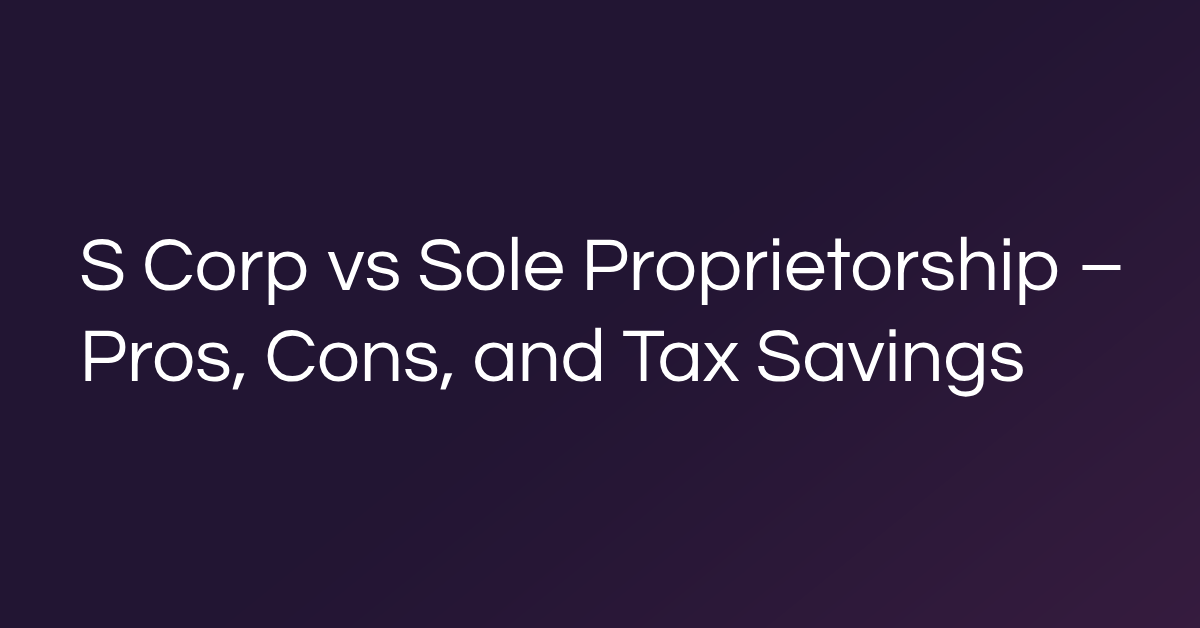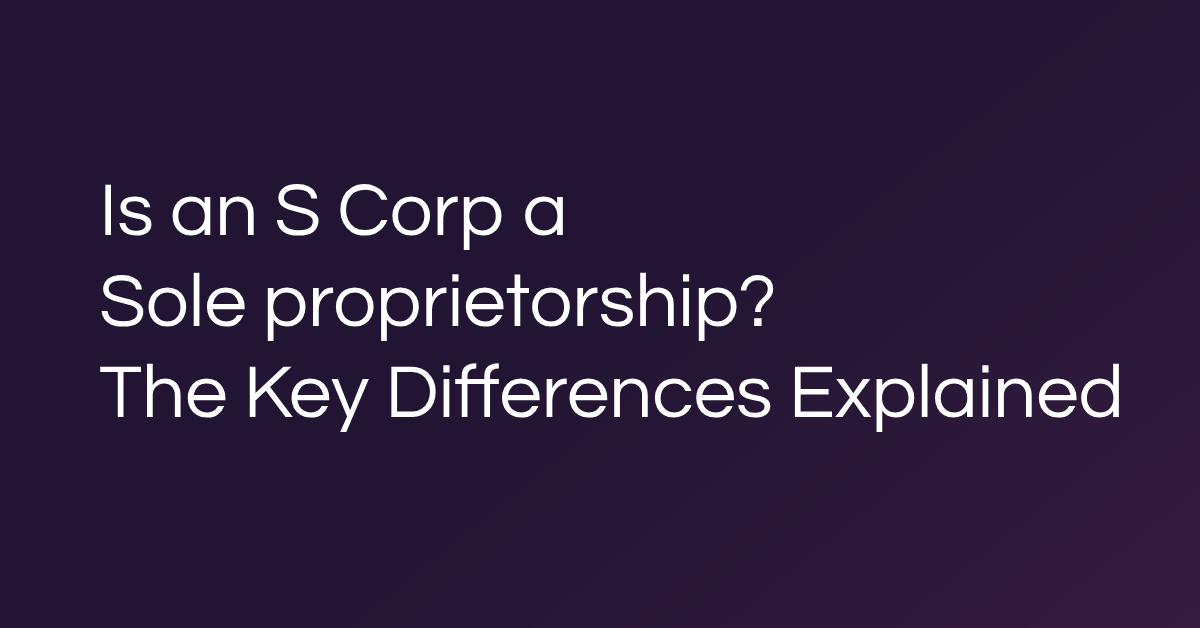If you’re a solopreneur or freelancer in Arizona looking to reduce your tax burden with a new business structure, S corporation status could be a game-changer. By electing S corp taxation, you can pay yourself a reasonable salary and take additional profits as distributions—potentially lowering your self-employment tax.
Whether you’re switching to an S corp from an LLC or currently using a sole proprietorship business structure, understanding the rules for forming an Arizona S corp helps you unlock grand savings in the Grand Canyon State and protect your business as it grows. With Besolo, the process is streamlined—our platform helps you form your S corp and manage every detail, from tax strategy to compliance.
Arizona S corp filing requirements
To elect S corp status in Arizona, you first need a legal business entity—usually an LLC or corporation—registered with the Arizona Corporation Commission. Once your entity is active, you can elect S corporation tax treatment by filing Form 2553 with the IRS.
Arizona also requires businesses taxed as S corps to file a state return using the Arizona S Corporation Income Tax Return, meeting both federal and state reporting requirements.
Missing filing requirements or deadlines can delay your election or lead to penalties. Besolo helps Arizona solopreneurs complete filings accurately and on time so their businesses get the tax treatment and protection they deserve.
Estimate tax savings in Arizona
Electing S corporation status in Arizona can significantly reduce your self-employment tax burden. Unlike a sole proprietorship or default LLC, an S corp lets you pay yourself a reasonable salary while taking the remaining profits as distributions—income that isn’t subject to Medicare and Social Security taxes.
For example, if your Arizona LLC earns $120,000 and you pay yourself an (EXAMPLE): $60,000 salary, the remaining $60,000 in distributions avoids the 15.3% self-employment tax—saving you over $9,000 annually. Your actual savings will vary based on income, deductions, and other factors but there are big opportunities for savings.
Understanding how S corporations operate for small businesses helps you make informed decisions. Besolo gives you tools to model your salary and distributions, automate payroll, and simplify compliance—so you can focus on saving more and scaling faster.
Considerations for Arizona S corp taxes
Arizona doesn’t recognize S corp status at the state level the same way the IRS does, which means your business income may still be subject to Arizona’s corporate income tax. However, your federal tax savings can still be substantial—especially when paired with smart state-level planning.
Deductions like health insurance premiums, retirement contributions, and qualified business expenses can further reduce your taxable income. S corp owners in Arizona often work with a CPA to optimize these deductions while keeping payroll reasonable and IRS-compliant.
Staying on top of Arizona corporate tax obligations helps you avoid surprises and reduce unnecessary tax exposure. Besolo streamlines this process by integrating tax strategy and reporting into your self-employment OS, allowing your Arizona business to stay tax-efficient year-round without the guesswork.
Final step for S corp status – file Form 2553
Electing S corporation status doesn’t happen automatically. After forming your LLC or corporation in Arizona, you must file Form 2553 with the IRS to make the S corp election official. This form notifies the IRS of your intent to be taxed as an S corp and must be submitted no later than 75 days after the beginning of the tax year the election is to take effect.
Missing this window can delay your tax savings. That’s why Besolo simplifies the entire process—automating your election timeline and streamlining tax filings for solopreneurs so you never miss a deadline. With our Solo S Corp package, we’ll even set up and help you register all the required forms.
Keeping your Arizona S corp compliant
After your S corp election is approved, staying compliant becomes a key part of running your business. Arizona S corporations must file state corporate income tax returns, submit annual reports to the Arizona Corporation Commission, and maintain accurate financial records. Falling behind on these tasks can lead to penalties or jeopardize your good standing.
You’ll also need to manage quarterly estimated tax payments if your business owes more than $1,000 annually. Filing extensions and payment options are available through the Arizona Department of Revenue, but it’s your responsibility to keep up with deadlines.
Besolo’s self-employment OS helps automate compliance tasks, making it easier to track obligations and stay organized—so you can keep your S corp running smoothly without drowning in paperwork.
Pros and cons of S corp for Arizona LLCs and corporations
Electing S corp status can be a strategic tax move for Arizona LLCs and corporations—but it’s not the best fit for every business. One major advantage is the ability to reduce self-employment taxes by splitting income between salary and distributions. The pass-through structure also avoids corporate-level taxation, keeping things simpler at tax time.
However, S corps come with added rules. You must pay yourself a reasonable salary, run payroll, and file specific IRS forms. Ownership is limited to 100 shareholders, all of whom must be U.S. residents or citizens, and only one class of stock is allowed.
Arizona solopreneurs weighing these S corp pros and cons should consider their income, business goals, and administrative capacity. With the right support, the savings often outweigh the complexity.
Arizona S corp FAQs
What’s the difference between an S corp and a C corp in Arizona?
An S corp is a tax designation that allows profits to pass through to the owner’s personal tax return, avoiding corporate income tax. A C corp, by contrast, is taxed at the corporate level and again on dividends.
Can an Arizona LLC elect S corp status?
Yes. A single-member or multi-member LLC can elect S corp status by filing IRS Form 2553. This allows the LLC to retain its legal structure while gaining the tax advantages of an S corporation.
Do Arizona S corps pay state income tax?
Yes. While S corps avoid federal corporate tax, Arizona requires S corporations to file a state income tax return and pay applicable state-level taxes based on corporate income.
Is there a deadline to elect S corp status?
Yes. To be effective for the current tax year, Form 2553 must generally be filed within 75 days of forming the business or the beginning of the tax year. Late elections may still be accepted with reasonable cause.
Form your Arizona S corp with confidence
An Arizona S corp can reduce your self-employment taxes, increase credibility, and offer more flexibility in how you pay yourself. For solopreneurs ready to take the next step, the benefits often outweigh the complexity—especially with the right platform.
Our all-in-one system handles the paperwork, tax automation, and admin tasks so you can stay focused on growth.
Join Besolo today and build a smarter, more resilient business on your terms.


